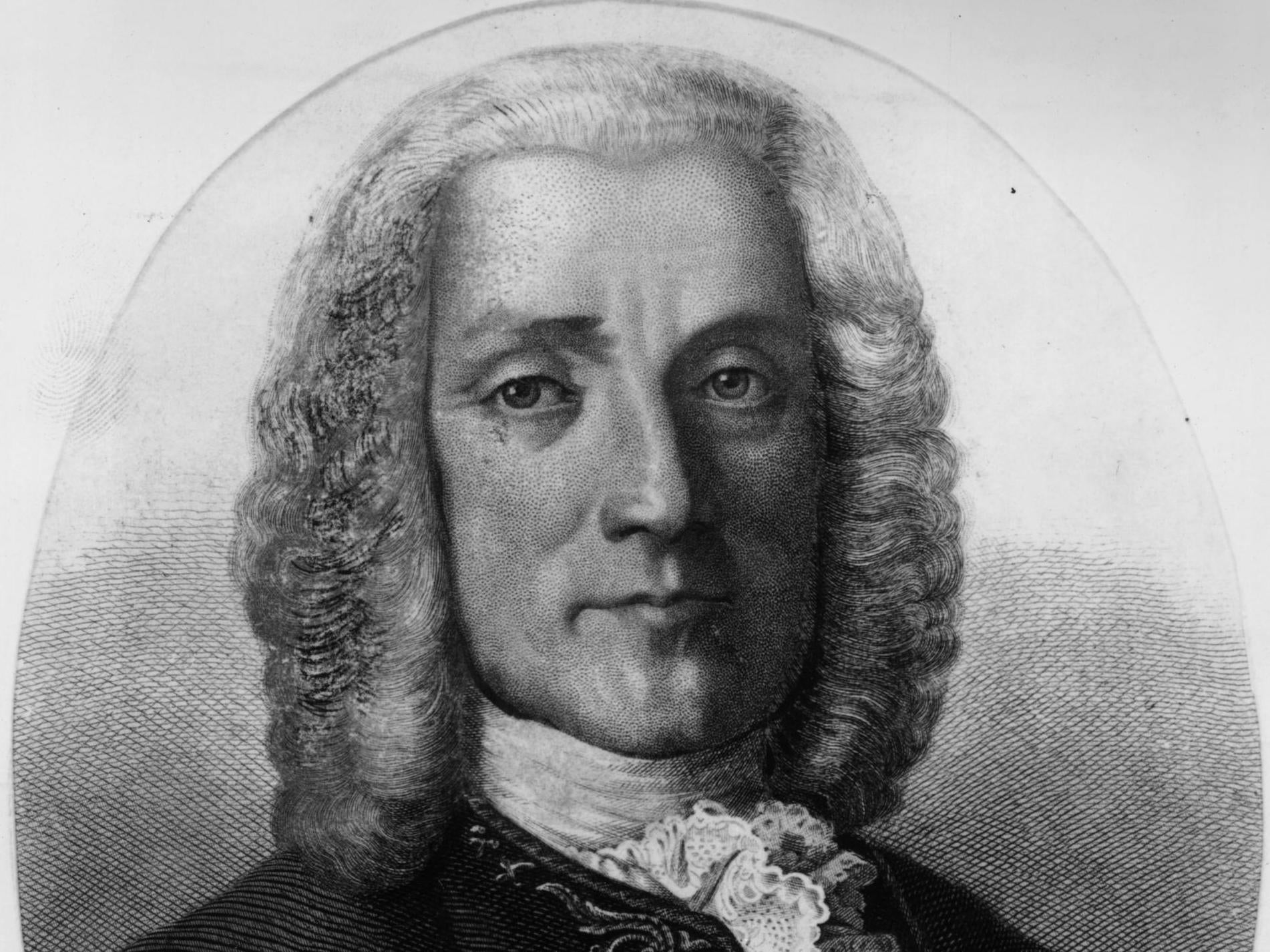Classical reviews – Domenico Scarlatti’s Sonatas Vol 2 and Handel’s Rodrigo
Federico Colli delivers a riveting hour of Domenico Scarlatti’s music, while the FestspielOrchester Gottingen’s performance of Handel’s ‘Rodrigo’ is warm and ravishing

Domenico Scarlatti: Sonatas Vol 2
Federico Colli, piano
(Chandos CHAN 20134)
★★★★★
Amid the many things we don’t know about Domenico Scarlatti – no letters in his hand, no autographs of his sonatas – is how he wanted his sonatas to be paired, but it was apparently his intention that they should be. Federico Colli offers a radically new rationale for pairing. Dispensing with similarity of key, he explains that his own pairings have been determined by his desire to present the sonatas in such a way as to embody his Platonic idea of the harmony of beauty through opposition. And that concept lies at the heart of Scarlatti’s art, with its gritty dissonances, unsettling harmonic progressions and aggressively juxtaposed styles.
But the real point of this CD is its wonderful pianism. We are led in gently, “KK144” being played with demure delicacy before “KK427” is delivered with explosive brilliance, and “KK25” with infectious joy. Then the kaleidoscope is shaken and shaken, creating a riveting hour, with most of the works being refreshingly unfamiliar.
Handel: Rodrigo
FestspielOrchester Gottingen
(Accent ACC26412)
★★★★☆
Written in 1707 when Handel was 22, Rodrigo was his first Italian opera. It’s had a very limited performance history: after its premiere it disappeared until its revival in 1984, since when it has only had a handful of productions, the latest of which is this one with the FestspielOrchester Gottingen under Laurence Cummings’ expert direction. As this is a live recording, there are inevitably moments when the microphones are not ideally placed, and the voices out of focus.
Rodrigo may not be Handel at his most sublime, but it was enthusiastically received, and the composer was rewarded with “a hundred sequins and a service of plate”. And as the recitatives and arias pour out of Handel’s cornucopia it bowls along with compelling grace. Vocally the work is almost all in the top register, with three sopranos, two high countertenors, and one tenor. Moreover, this imbalance is compounded by the fact that one of the countertenors – Russell Harcourt, singing Evanco – has such an exquisitely feminine sound that when he duets with Fflur Wyn’s Esilena it’s hard to tell their voices apart. Likewise, you might not know whether it’s Wyn or Erica Eloff’s Rodrigo when they sing together, unless you follow the libretto. But no praise could be too high for the musicianship of this brilliant sextet, or of Cummings’ instrumental ensemble: there’s ravishing continuo playing, and a warm tutti sound.
Join our commenting forum
Join thought-provoking conversations, follow other Independent readers and see their replies
Comments